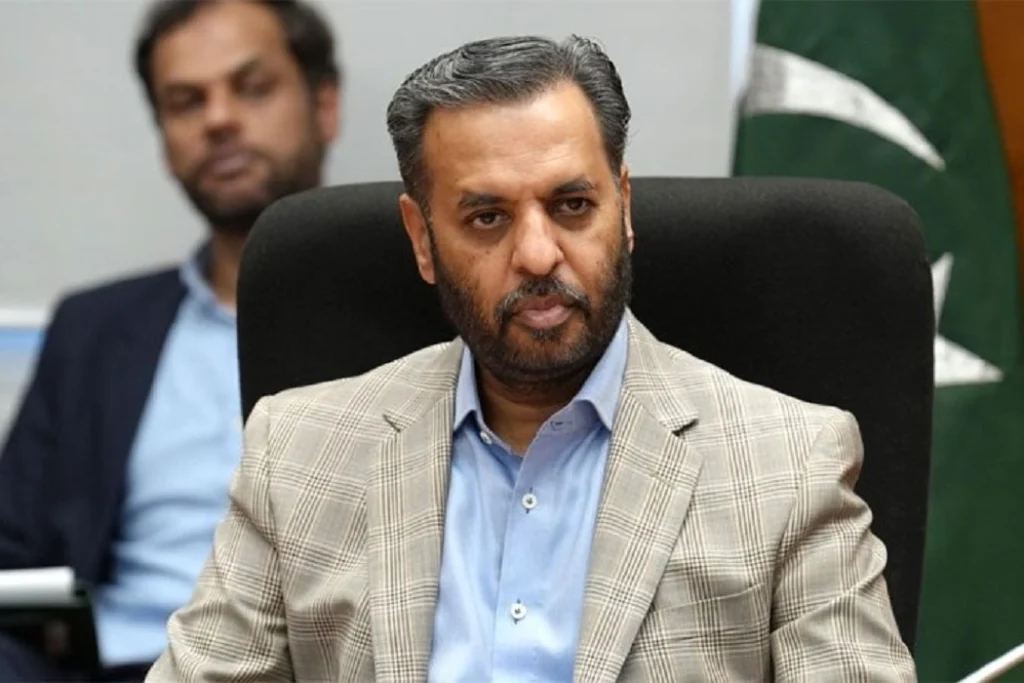Pakistan’s health system owes much of its resilience and impact to the dedicated work of its doctors, scientists, and thousands of field and support staff, federal health minister Syed Mustafa Kamal has stated. At the unveiling of the country’s first-ever National Health Awards, the minister highlighted how the full spectrum of the workforce from frontline polio workers, to clerks and peons plays a vital role in keeping the health network functional.
The awards ceremony recognised top performance across multiple levels of the healthcare ecosystem. Leading health scientists and institutions were honoured for research, innovation, and service delivery. Equally acknowledged were grassroots workers who operate clinics, execute immunisation campaigns, and manage logistics in remote areas. This broad recognition underscores an important message: a health system is only as strong as the people who staff it.
Kamal emphasised that medical breakthroughs or new hospitals alone will not suffice unless paired with a committed and well-supported workforce. He said public health agendas must invest in training, equipment, and working conditions for all personnel not just physicians. The minister called for continued support to those often overlooked in policy discussions but whose work is indispensable to service delivery.
The ceremony also signalled an effort to shift public perception. By honouring roles traditionally seen as invisible such as clerical workers and field staff the government is redefining what “healthcare workforce” means. Recognising that behind every successful surgery, diagnosis and treatment there is a team of unsung workers highlights the complexity of healthcare, and the human effort required.
For Pakistan, this human-centred approach to strengthening health systems offers promise. With challenges such as workforce shortages, resource constraints and regional disparities, focusing on people may yield measurable improvements in access and quality. Ensuring that every member of the health sector from scientist to peon is supported and valued could translate into better outcomes for patients across the country.



Comments (0)
No comments yet. Be the first to comment!
Leave a Comment